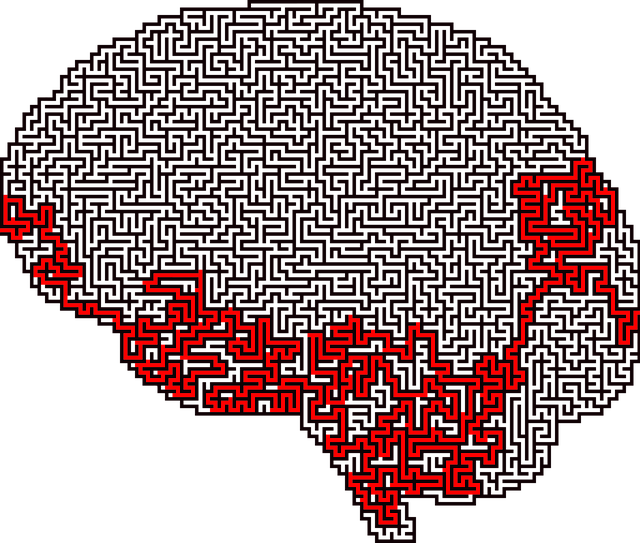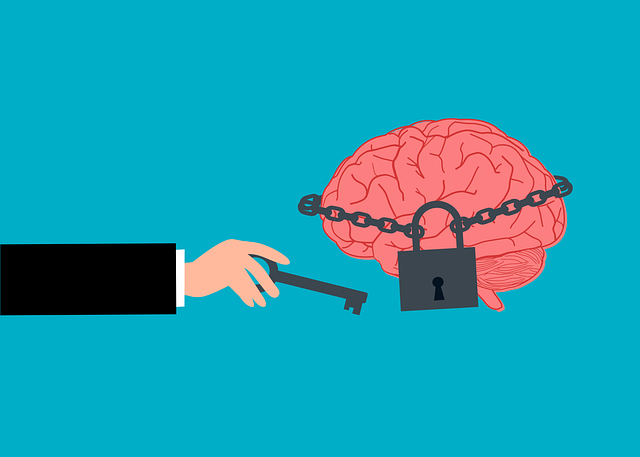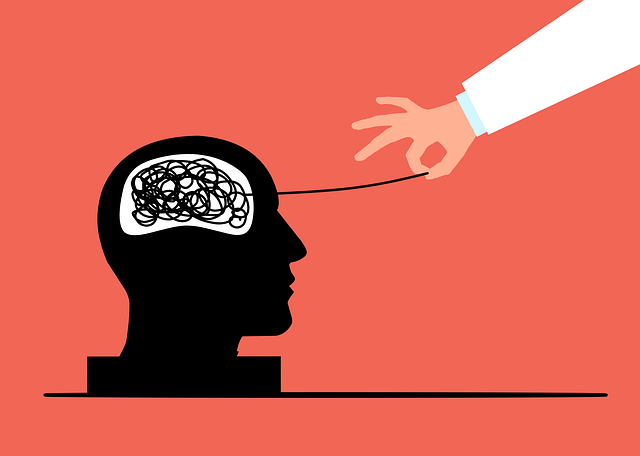Emotion regulation techniques are essential tools in navigating life’s challenges, especially in instances of domestic violence. This article explores the foundational principles of Northglenn Domestic Violence Therapy, delving into understanding emotion regulation and its profound impact on healing. We’ll uncover triggers that ignite emotional responses, offering strategies to reframe thoughts for better control. Additionally, mindfulness and relaxation techniques are presented as powerful methods to calm inner storms, while building resilience equips individuals with long-term tools for effective emotion regulation.
- Understanding Emotion Regulation: The Foundation of Northglenn Domestic Violence Therapy
- Identifying Triggers: Uncovering the Roots of Emotional Responses
- Cognitive Strategies: Reframing Thoughts for Better Emotional Control
- Mindfulness and Relaxation Techniques: Calming the Storm Within
- Building Resilience: Long-term Tools for Effective Emotion Regulation
Understanding Emotion Regulation: The Foundation of Northglenn Domestic Violence Therapy

Understanding Emotion Regulation forms the bedrock of Northglenn Domestic Violence Therapy. It recognizes that managing emotions effectively is a crucial skill for individuals, especially those who have experienced or are involved in violent situations. The primary goal is to empower clients with tools to navigate intense feelings, preventing them from reacting impulsively and exacerbating existing issues. Through tailored therapy sessions, individuals learn to identify and express their emotions healthily, which is the cornerstone of healing and building resilient relationships.
This approach goes beyond immediate crisis intervention (Crisis Intervention Guidance) offered in urgent situations; it focuses on long-term Emotional Well-being Promotion Techniques. By incorporating Self-Care Practices into their routines, clients can better regulate their responses, fostering a sense of safety and self-control. Northglenn Domestic Violence Therapy thus provides a transformative journey towards personal growth and the development of healthy coping mechanisms.
Identifying Triggers: Uncovering the Roots of Emotional Responses

Identifying triggers is a crucial step in emotion regulation techniques teaching. Understanding what sets off emotional responses can help individuals gain insights into their unique emotional landscapes. This process involves reflecting on past experiences, current stressors, and environmental cues that may have contributed to intense or problematic emotional reactions. By uncovering these roots, folks in Northglenn Domestic Violence Therapy can begin to navigate their emotions more effectively.
In the context of emotional healing processes, recognizing triggers is not just about avoiding situations that incite strong feelings; it’s a chance for mental health professionals to guide clients through risk management planning. This involves identifying strategies to mitigate potential stress and fostering healthy coping mechanisms. Through this approach, individuals learn to anticipate, manage, and ultimately transform their responses to various triggers, enhancing their overall well-being and resilience.
Cognitive Strategies: Reframing Thoughts for Better Emotional Control

Cognitive strategies play a pivotal role in emotion regulation techniques teaching. One powerful tool is reframing thoughts, which involves changing one’s perspective on emotions and situations. For instance, during moments of stress or anger, individuals can challenge negative thought patterns by questioning their validity. By replacing unhelpful beliefs with more realistic and positive ones, people gain better emotional control. This process not only helps in managing intense feelings but also fosters resilience, a key aspect often emphasized in Northglenn Domestic Violence Therapy.
Empathy building strategies are another important component, encouraging individuals to understand and validate their emotions while acknowledging the perspectives of others. Mindfulness meditation practices can further enhance this by promoting present-moment awareness, allowing people to observe their thoughts and feelings without judgment. These cognitive techniques, when integrated into therapy or personal growth programs, contribute significantly to building resilience and navigating life’s challenges more effectively.
Mindfulness and Relaxation Techniques: Calming the Storm Within

Building Resilience: Long-term Tools for Effective Emotion Regulation

Emotion regulation is not just about managing immediate reactions; it’s about building long-term resilience that empowers individuals to navigate life’s challenges with greater ease. At Northglenn Domestic Violence Therapy, we understand that effective emotion regulation techniques are essential tools for personal growth and well-being. Through our comprehensive programs, clients learn to develop self-awareness exercises that foster a deeper understanding of their emotional responses, enabling them to make conscious choices rather than reacting impulsively.
This process involves integrating various strategies such as stress management workshops designed to equip individuals with healthy coping mechanisms. By enhancing self-esteem improvement and providing practical tools for managing intense emotions, our therapy sessions empower clients to break harmful patterns and cultivate a sense of emotional control. Ultimately, these long-term techniques serve as robust defenses against future stressors, allowing individuals to lead more fulfilling and balanced lives.
Northglenn Domestic Violence Therapy emphasizes the power of emotion regulation techniques as foundational tools for personal growth and healing. By understanding emotional responses, identifying triggers, employing cognitive strategies, practicing mindfulness, and building resilience, individuals can gain control over their emotions and create lasting positive change. These techniques offer practical, evidence-based approaches to navigate life’s challenges, fostering better mental health and stronger relationships.














